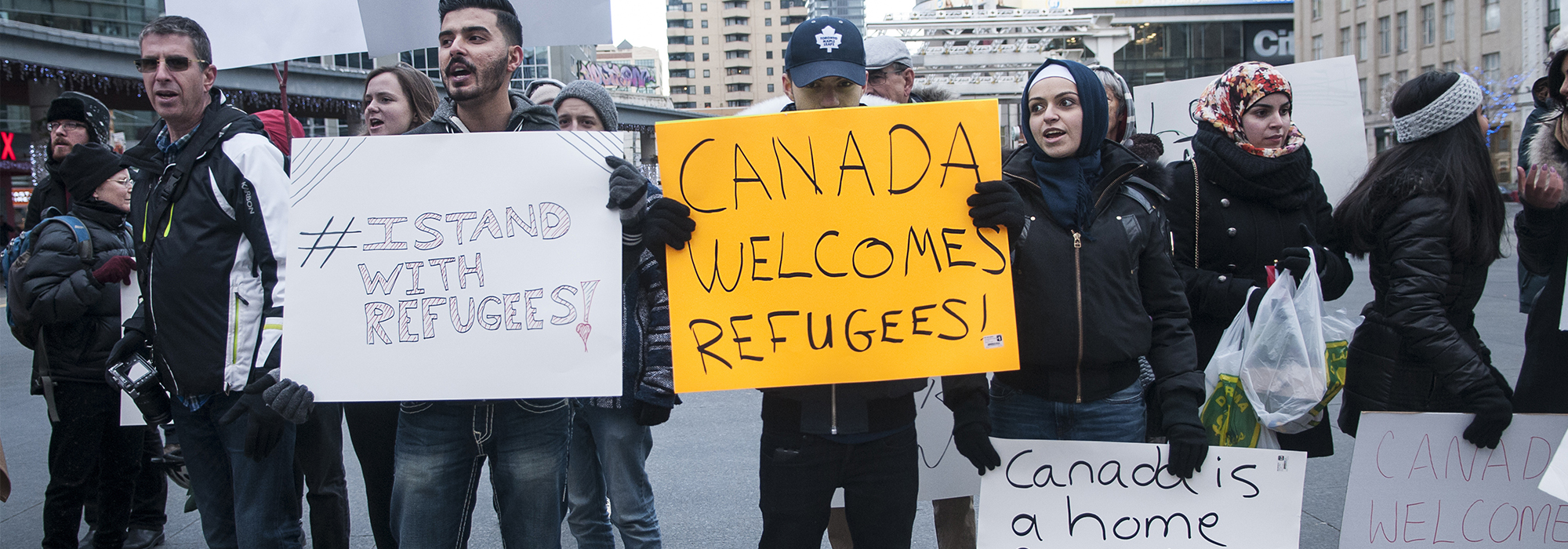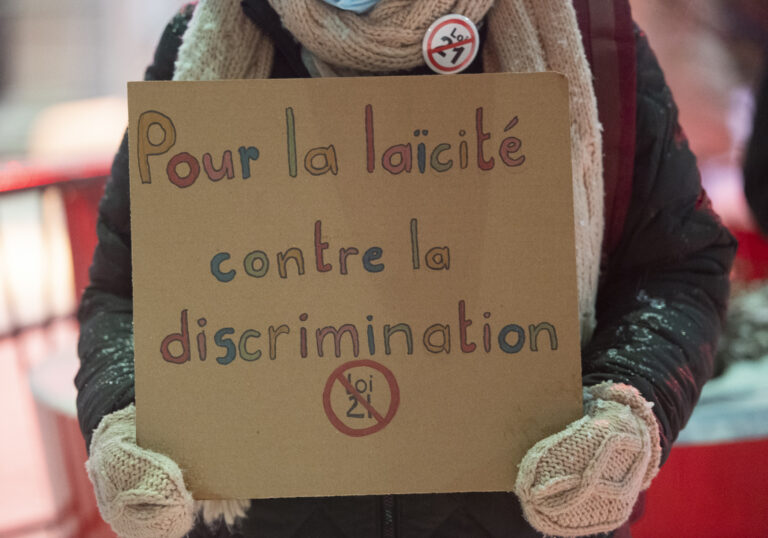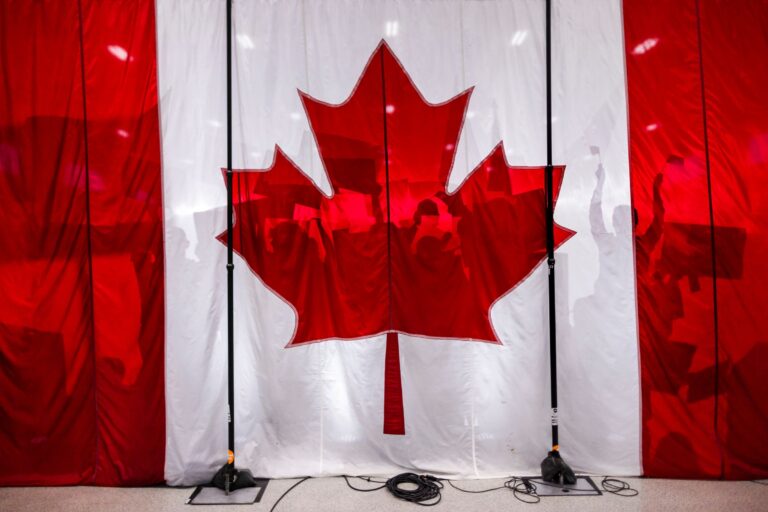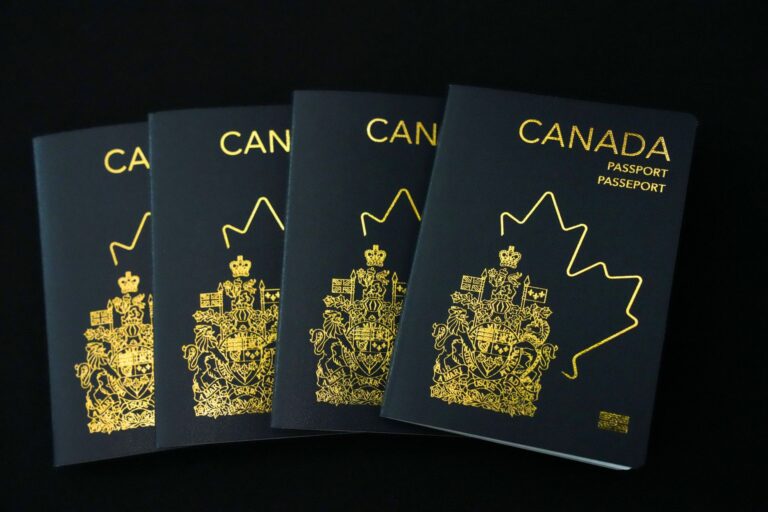In 2019, Canada resettled 30,100 refugees, overtaking the United States and Australia in the number of refugees admitted that year. But about three in five refugees who have arrived here over the past decade have been admitted under the private sponsorship program, which was originally intended to be complementary to the federal resettlement program but has begun to outpace it in recent years.
Private sponsorship was formalized by the 1976 Immigration Act, drawing on the will of private individuals to identify and support refugees financially and emotionally for one year by taking responsibility for their resettlement and integration.
Criticism has greeted the shifting balance between the federal program and private sponsorship, with the number of privately sponsored refugees routinely surpassing that of government-assisted refugees. It’s been called an “aberration” of the principle of additionality, whereby the number of privately settled refugees is supposed to be in addition to government-assisted refugees. Privatized refugee resettlement looks set to keep rising in the next three years, continuing to outpace the settlement of refugees assisted by the government, according to government objectives.
It is a worrying trend.
Our private sponsorship program is the oldest in the world and has offered protection to more than 350,000 refugees. But it is dependent upon the goodwill and resources of those sponsors. Concerns about the program have been raised as the incidence of sponsorship breakdown has grown, with sponsors unable or unwilling to provide the promised support until the end of the sponsorship period. (Indeed, the Quebec government moved last week to suspend private sponsorship by organizations for a year after receiving serious allegations about the program, though it didn’t provide details.)
Resettlement challenges
All refugees resettled in Canada – whether through private or public help – face early integration challenges, starting with language: the wait for language instruction is long, it is not job-specific and is not suitable for people who have low levels of education. A “one-size-fits-all” approach is not the best one. There is a high risk of social exclusion for women and people with low language competencies, and it’s difficult for mothers of young children to access language classes.
Low language skills lead to significant employment challenges in refugees’ early years here. Those challenges are heightened by lack of Canadian work experience and difficulties getting foreign educational credentials recognized. In their early years here, government-assisted refugees have lower employment rates and poorer economic integration than those privately sponsored, and privately sponsored refugees earn more than other refugee groups on average. However, there is not always a clear link between better employment achievements of privately sponsored refugees and the care they get from their sponsors.
The vast majority of refugee newcomers have to settle in private-sector rental housing, like most low-income households, because social housing is limited to refugees with extreme needs. Refugees experience difficulties in finding permanent housing that is large enough, in good condition and affordable. Housing affordability is a primary challenge. Consequently, refugees very often live in over-crowded apartments, and a growing number of refugees find themselves homeless.
A high number of children and youth is a characteristic of Syrian refugees who have arrived in Canada, with 46 percent of them under 15 years old. A large percentage of children are enrolled in school. However, parents unsure how to navigate the school system have voiced uncertainty about their roles in their children’s education. Some worry they don’t know enough, for instance, about university applications. Teachers need more cultural awareness of their newly arrived students.
With private sponsorship, there are additional challenges: sponsorships can break down.
There can be fraud, inadequate monitoring of sponsorship groups, abuses and long waiting times. Some refugees have found themselves with sponsors who became unable or unwilling to financially support them, and a few of them have told researchers that they have not gotten the monthly allowance to which they are entitled under the sponsorship agreement. A higher-than-expected number of refugees have sought help from community organizations for housing and other basic needs because of insufficient support from their sponsors. Some privately sponsored Syrian refugees have ended up “suffering tremendously” because of a complete lack of financial and emotional support from their sponsors.
Long waiting time is a well-known and problematic feature of the private sponsorship program. Over the course of 18 to 36 months (the average processing time), changes in family size and composition can affect the funds and plans required for sponsoring refugees and cause further delay as applications are amended. Sponsors can lose motivation and allocate resources to other initiatives. Waiting times have been further worsened by the COVID-19 pandemic.
Policy recommendations
Canada needs to return to the fundamental principle of additionality, increasing the number of government-assisted refugees so that they equal or surpass the number of privately sponsored refugees. The government also needs an appropriate budget associated with the increasing number of government-assisted refugees. The following recommendations can help policy-makers address the challenges that face settled refugees in Canada, particularly those who are privately sponsored:
- Make language classes suitable for the diverse audience addressed, with particular attention to the gender dimension to allow mothers with young children to attend classes. More child-care provisions for people attending language classes and more flexibility in the hours and locations for classes is critical. A shift from “one size fits all” to customized classes seems fundamental to removing barriers and accelerating integration.
- Explore possible methods to recognize foreign credentials and diplomas to allow refugees access to a wider range of employment opportunities. Credential recognition is a problem that similarly affects economic immigrants.
- Considering the very low employment rates of refugees in the early years after their arrival, it is important to deliver training courses that match refugees’ existing skills and vocations to the labour market in Canada. In that way, refugees would be more likely to be ready to work in the short term.
- The government should enhance monitoring of private sponsorship to carefully evaluate whether privately sponsored refugees are indeed receiving resettlement services from their private sponsors as expected, and it should immediately intervene when needed. Moreover, the government strategy should also more actively involve the refugees in resettlement plans. This could be done by enhancing refugees’ awareness of available support after their arrival, including an outline of what sponsorship entails. The goal should be to build relationships between refugees and sponsors that are based on partnership rather than dependency.
- Housing is a primary challenge for government-assisted refugees but it also affects privately sponsored refugees, whose sponsors arrange for and cover the cost of housing during the year of sponsorship. Social housing capacity should be enhanced to be of benefit to privately sponsored refugees as well. Privately sponsored refugees should not be left totally dependent on the support and resources provided by private sponsors; they must have access to the kind of settlement services that government-assisted refugees have.
- Processing time must be sped up immediately by simplifying applications to allow for quicker collection of information by visa officers to reduce long delays, which only weaken the interest and commitment of sponsors and the community. Extremely long delays can also result in a sponsorship breakdown.
This article has received funding from the European Union’s Horizon 2020 research and innovation program under the Marie Skłodowska-Curie grant agreement No. 835466. The content of this document reflects only the author’s view, and the agency is not responsible for any use that may be made of the information it contains.
Photo: A rally to welcome Syrian refugees to Canada in November, 2015 in Toronto. Shutterstock.com, by arindambanerjee.












